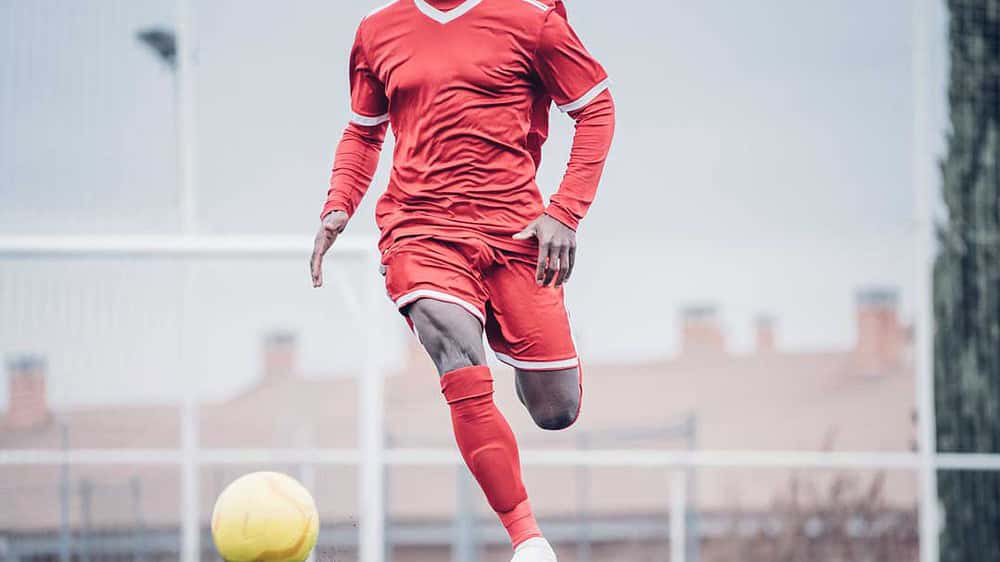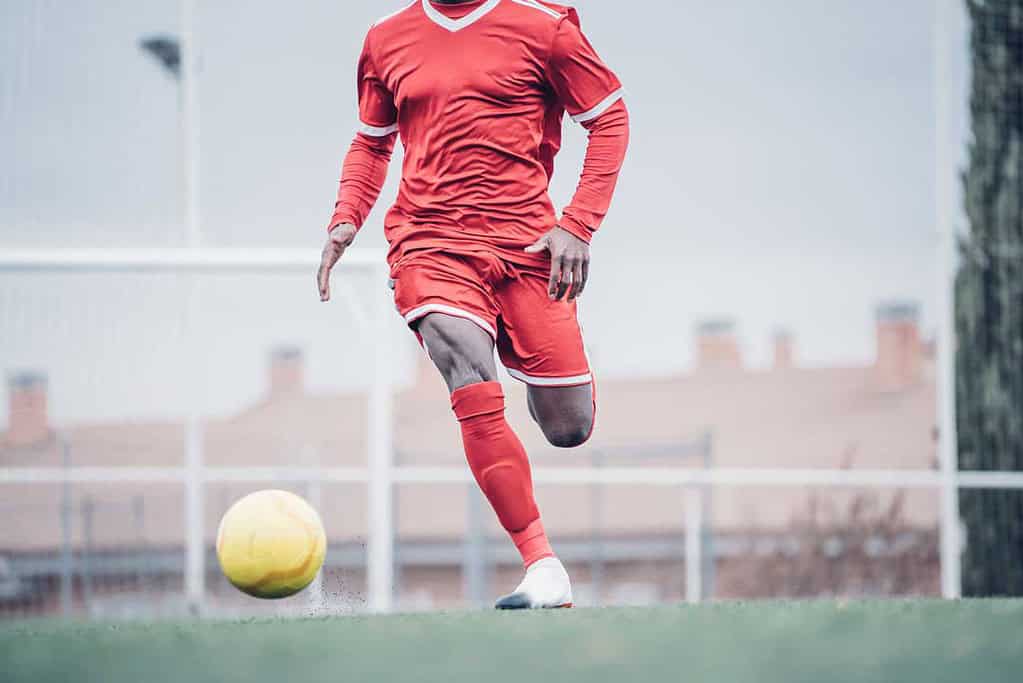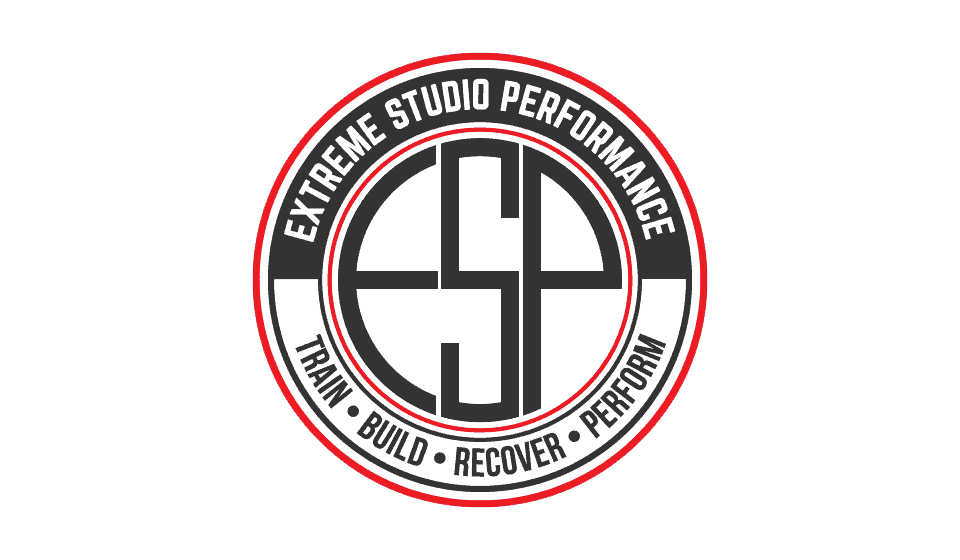
During the offseason and even into the preseason, coaches will often push their players to focus on making big gains in the weight room. And yet during the regular season, athletes tend to cut back on weight training. The burning question is, how should players balance weight training for muscle gains and playing their sport(s) to maximize success?
 1. Allow time for recovery
1. Allow time for recovery
Both weight training and athletic performance will break down your muscle and require time and energy to recover. Consider the demands of your sport and stagger them with your weight training.
For example, a hard leg workout just before a soccer game or lacrosse game could be disastrous. Without time to recover, your explosiveness, speed, and endurance will all suffer. And the expenditure during a game will interfere with your muscle recovery and slow your muscle and strength gains.
Without proper rest, both gains and performance will be worse. By being aware of recovery time and adjusting the intensity of your training, you can continue to maintain or build muscle while still leaving your peak performance on the field.
2. Utilize the seasons for extreme results
In addition to being aware of specific scheduling on a day-to-day basis, it’s also important optimize around seasonal cycles as well.
During the off-season of your sport, there will be fewer schedule demands for practicing and competing for you to navigate while weight training. It’s the perfect time really hit the gym hard and develop your body to become stronger, faster, and more resilient. Of course, you still need to be honing your skills in your sport, but not necessarily at the same frequency as you would in season.
While you’re in-season, performing on the field or court, or wherever you do your thing needs to take priority over maximizing muscle and strength gains. It’s important to evaluate and manage your recovery time so that you’re ready for the next competition. This is why it’s common for coaches hit the weight room a bit harder right after games and lighten up leading up to games.
3. Feed your body
Activity consumes calories. Recovery consumes calories. When your body is performing on the field and in the weight room, you’re going to burn a ton of calories. You must consume calories to have the energy needed to maintain growth and performance.
If you’re not exceeding your calorie maintenance level, you risk taking a step backward with your muscle and strength gains or not having the energy to recover and compete.
4. Sleep your way to success
We’re not talking about being lazy and sleeping all day, and yet getting enough sleep is critical for maximizing performance. When you’re sleeping your body is able to recover more efficiently than when you’re awake.
Depriving your body of sleep will reduce the speed of your recovery and could even become a limiting factor. By not taking advantage of the faster recovery benefit of sleep, you limit how far you can push yourself with each training session and ultimately hinder your best possible results.
There is an optimal line to be walked with strength training and athletic performance. Keeping in mind these tips will help you to maximize your performance. And if you’re ready to take things a step (or several steps) further, the personal trainers at Extreme Studio Performance have experience training athletes ranging from the office softball teams to the aspiring high school all-stars even up to professional athletes that you’ve seen on TV.
If you’re serious about peak performance and are in the North Dallas area, stop into Extreme Studio Performance and see what we’re all about.
